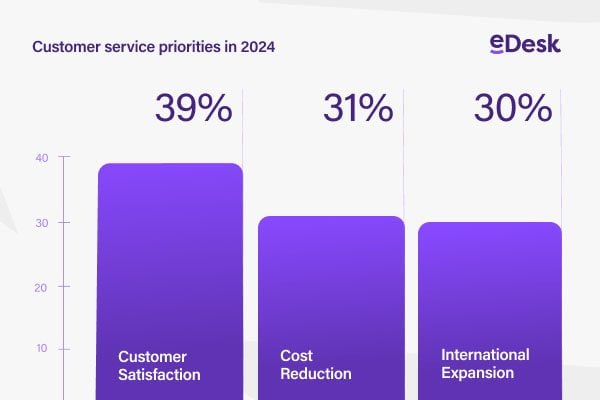 As the year draws to a close, today we feature 2022 retail predictions from Tony Preedy, Managing Director at Fruugo.
As the year draws to a close, today we feature 2022 retail predictions from Tony Preedy, Managing Director at Fruugo.
TO hear more from Fruugo and their 2022 retail predictions, sign up for Tamebay Live taking place on the 25th to 27th January and register for the session “Why you need to be selling your products on Fruugo in 2022”. It promises to be an interesting look ahead and will build on the 2022 retail predictions from Tony below:
- Ecommerce will continue to triumph over any other form of retail.
The numbers show e-commerce growth has fast forwarded by nearly a whole decade in just eighteen months. The latest ONS data for the UK shows 27% of retail sales were conducted online in Q3 2021 – two years ago it was only 18%. By comparison, over the entire first twenty years of this century, online penetration of retail was growing at just over 1% a year. The pandemic has truly forced permanent changes to how we shop. These new digital habits are now engrained and we’re not going to snap back to how it was. There’s no question that retailers now need to focus on how to grow the volume and profitability of their online offerings.
- Marketplaces will outpace any other form of Ecommerce
The bulk of e-commerce growth is being powered by shoppers flocking to marketplaces, so much so that the majority of sales conducted online are now through these platforms. Retailers are increasingly finding that Marketplaces provide incremental sales at a low marginal cost, which makes those Marketplaces a valuable source of profit. Sellers are also discovering that the more marketplaces they list on, the more total sales they will drive, while also helping to reduce the risk created when they are dependent on one, such as sole reliance on Amazon.
- Brand loyalty will decrease as shoppers increasingly rely on Search Engines to find products
While brands still matter to consumers in many product categories, increasingly shoppers are searching for a particular product and are agnostic about the brand or who sells it to them. Billions of times each day, someone types a long search phrase into a search platform like Google, trying to best describe the thing they are looking for, and will click on the links and adverts shown if it looks like it will lead to the product they are looking for.
If consumers can’t find a product from one retailer, online searches will quickly reveal an alternative supplier that has stock, which with supply chains remaining disrupted by the Covid pandemic, are increasingly retailers in a different country to the shopper. Availability is now the key to winning the sale, so synchronisation of inventory with search engines is mission critical.”
- The world will continue to get smaller
Just as Covid-19 spread quickly around our interconnected world, the internet means trends in one country spread quickly rapidly around the world, meaning the pace of change in fashions will only accelerate. For example, where it was once Zara that was famous for ‘fastest-fashion’, that accolade now belongs to Shein.
Cross-border shopping is already mainstream and is growing quickly. Retailers in one country are no longer constrained to sell to locals – they can easily reach customers all over the world via Marketplaces. With goods increasingly being shipped from near where they are made and sold directly to the end customers, only the most nimble of retailers will survive.
- New technology will disrupt the market for payments
For decades we have been used to paying for goods online and in stores using ‘cards’ like Visa and Mastercard, but the well reported tussle between Amazon and Visa is an early sign of what is coming. New, mobile first, technology is transforming how and who people pay when they do their shopping, plus the traditional “Buy Now Pay Later” model has now been digitised, making it the ‘new’ way to pay using credit.
Incumbent payment brands are in trouble – or will be, if they allow the new breed of “Fin-Tech” companies to steal their business. For some retailers this is a huge headache, having to keep up with change and spend money on I.T. projects to update their systems. Others will use partners to take this pain away, so they can focus on what they are good at – being retailers. Many will turn to the marketplaces that offer a variety of payment methods, to ensure they can tailor their needs to the local market in which they operate.









